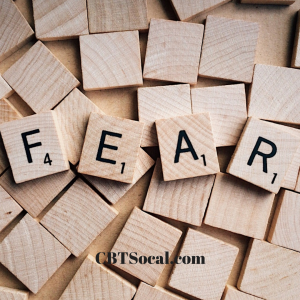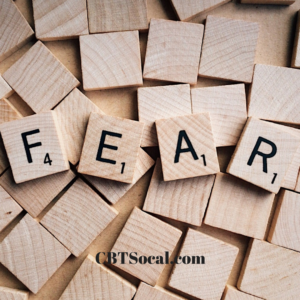Why do we have these pesky negative emotions? Part 1

Often times, positive emotions are viewed as good and negative emotions are viewed as bad. This leads people to resist or avoid experiencing negative emotions. This idea seems to make sense intuitively. However, negative emotions are not necessarily things to be avoided, as they provide us with very helpful information. David H. Barlow, a psychologist and researcher of evidence-based treatments of anxiety disorders, co-authored the Unified Protocol for Transdiagnostic Treatment of Emotional Disorders: Workbook. In the workbook, Barlow and his colleagues describe the purpose of negative emotions.
Fear

According to Barlow and his colleagues, fear is our body’s internal alarm system. It alerts us to when we are in danger and gives us the sense of urgency that we need to keep ourselves safe. For example, fear prompts us to jump out of the way of an oncoming car. Without fear, we might fail to act when we are endangered.
Sadness

Sadness is often an emotion experienced after we lose something that we care about or when we see a discrepancy between our life and how we would like it to be. Barlow and his colleagues described sadness as a means of our body letting us know that we experienced an important loss. Sadness often leads people to withdraw from their normal activities and social group. This withdrawal allows us time to process our loss. For example, someone grieving the loss of a loved one might reflect on their relationship, appreciate the meaning brought to their life by the individual, and say good bye to their loved one in their own way.
Although fear and sadness are often considered negative emotions, they provide us with a valuable service. Fear helps keep us safe while sadness informs us about our losses and helps us to reflect on our lives. In part 2 of this series on the importance of negative emotions, we will discuss the value of emotions such as anxiety and anger.
If you are interested in learning more about the value of negative emotions please continue reading this series and or contact us for a free phone consultation.

Author Dr. Jason von Stietz specializes in Cognitive Behavior Therapy and Sport/Performance Psychology in Torrance, CA.
